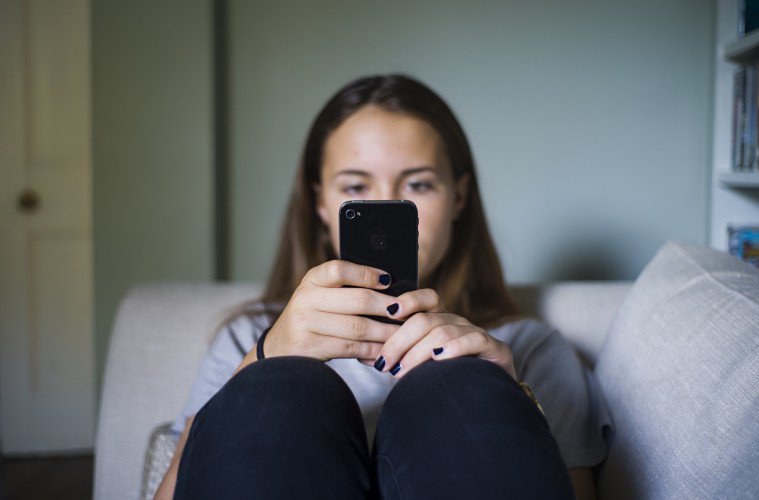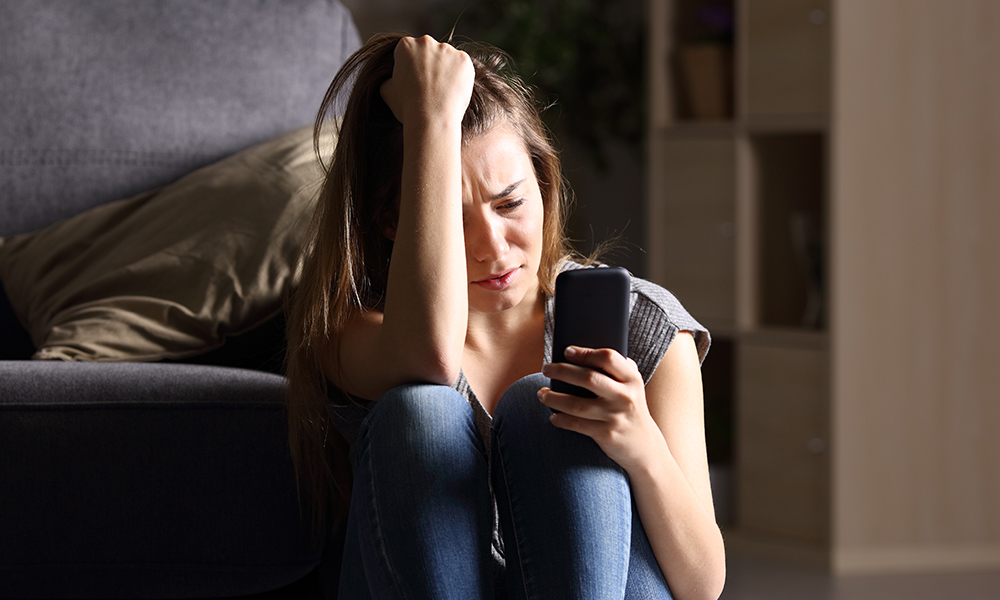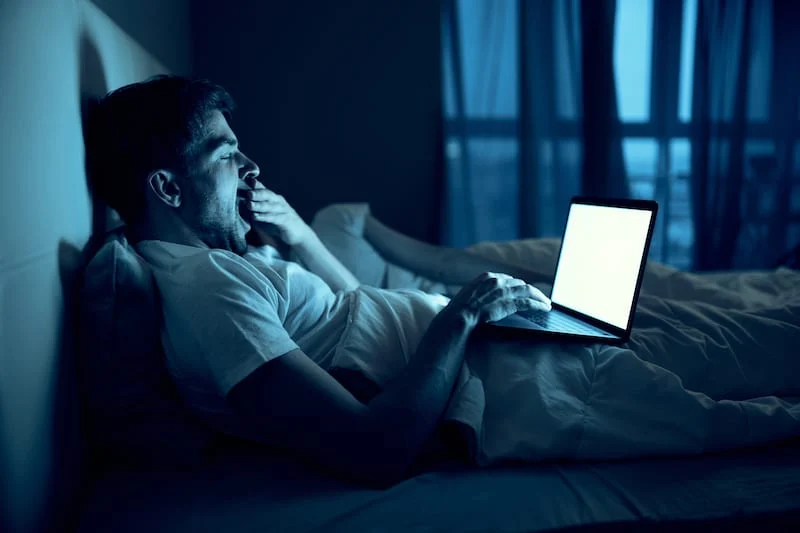Internet and mental health have been intertwined for quite some time now. In the early days of the internet, people were using it to connect with others and share information. However, due to the way the internet works, it can be easy for people to develop a dependency on the internet.
The internet has enabled people to connect with each other in ways that weren’t possible before. It has also allowed people to share information and experiences in a way that was never possible before. However, the internet can also be a source of stress and anxiety for some people.
People who are dependent on the internet can find it difficult to disconnect from the internet.
What is Dopamine?
Dopamine is a neurotransmitter that is associated with the brain’s pleasure centers. It is also responsible for movement, motivation, and learning. Dysfunction in dopamine levels has been linked to a number of neurological disorders, including Parkinson’s disease, schizophrenia, addiction, and ADHD.
How a Dopamine effects our health?
Dopamine is a neurotransmitter that is associated with feelings of pleasure and reward. It is often associated with feelings of happiness and pleasure. dopamine is also associated with motor activity, movement, and the sensations of pleasure associated with those activities.
Dopamine is important for the health of the brain and body. It is responsible for the feeling of pleasure and happiness. It helps to regulate movement and the sensations of pleasure. It is also important for the function of the central nervous system.
Dopamine is released when we experience pleasure, such as when we eat food that is pleasurable or when we have sex. It helps to create a feeling of pleasure. Reproduction requires that humans experience pleasure prior to, during, and after sexual activity. Dopamine, a neurotransmitter that is created in reaction to sexual stimulation, is responsible for the enjoyment we experience.
How games effect our main pleasure of Dopamine?
There is no one-size-fits-all answer to this question, as the effects that games have on our dopamine levels will vary depending on our individual personalities and attitudes. However, there are a few general points that can be made about the effects that games have on our dopamine levels.
First of all, it is important to remember that dopamine is not a single entity – it is a complex chemical that is responsible for a wide range of different sensations and behaviors. In general, though, dopamine is thought to play a role in our pleasure-seeking behavior, our motivation to continue playing games, and our overall enjoyment of life.
So, here are some points discussed below who really affect our dopamine:
The impact of the Internet on mental health
Although it feels like we spend our whole lives online these days, can excess Internet and social media use have a negative affect on your mental health? Saju Mathew, M.D., a primary care physician in Piedmont, says that while it’s a useful tool for education, employment, social connection, and enjoyment, excessive usage can have negative effects on your health.
The Internet has revolutionized communication and access to information. It has also had a significant impact on mental health.
Mental health problems are the most prevalent health problem in the world. They affect about half of the world’s population, and are the leading cause of disability. Mental health problems can be physical as well as psychological.
The Internet has been shown to be a major contributor to mental health problems. It can be a source of social isolation, cyberbullying, and online addiction. It can also be a way for people to communicate their thoughts and feelings anonymously.
There are a number of ways that the Internet can be harmful to human mind.

"Mental Health needs a great deal of attention. It's the final taboo and it needs to be faced and dealt with" by Adam Ant
Internet use and anxiety
Too much time spent on the computer might make you more anxious, whether it’s from reading too much unfavorable news or researching your symptoms online, which is something Dr. Mathew says many of his patients do.
“Researching your health issues online is often not a smart idea since it leads to a lot of unwarranted fear and stress. My general recommendation is to contact a doctor first rather than researching your symptoms “He claims.
It seems like everyone is on the Internet these days. In fact, research has shown that Internet use can actually lead to increases in anxiety. This is because the Internet can be a way to escape from stressful situations and feel like you’re in control. However, using the Internet in a way that leads to anxiety is not healthy.
If you’re experiencing anxiety online, there are a few things you can do to try and reduce the stress. First, make sure you’re using the Internet wisely. Don’t allow yourself to become consumed by the Internet. Instead, use it as a tool to help you relax and get things.

Your Social life and Social media
While keeping up with family and friends through social media may be beneficial, he warns that we should be mindful of how it impacts our psychology.
According to studies, using social media excessively can make some people feel depressed and dependent.
He claims that whether we are aware of it or not, we are comparing our lives to those of others when we use social media to get validation. “As a result, we might not appreciate the present moment.”
Try this instead of getting caught up in comparisons: List five things for which you are grateful each day. You may fight off emotions of low self-esteem and jealousy by concentrating on the positive aspects of your life.
Your Sleep and Technology
Overuse of your smartphone, computer, or tablet might interfere with your sleep. These gadgets’ bright lights prevent the release of the hormone that controls sleep, melatonin.
Mostly doctor’s advised there patients to establish a bedtime, put away their phones, and refrain from accessing social media for the night.
The relationship between sleep and technology has become increasingly complicated over the years. On one hand, there are people who swear by the power of sleep to recharge and rejuvenate the body. On the other hand, there are people who believe that sleep is important for overall productivity.
In terms of sleep and technology, it’s important to strike a balance. Too much technology use before bedtime can actually interfere with sleep, while too little sleep can have negative consequences, such as fatigue, anxiety, and depression.
That said, there are plenty of ways to optimize your sleep hygiene and still use technology safely. For example, avoid using screens in bed before going to sleep.

Problematic Internet Use
You could be engaging in “problematic Internet use” if you feel compelled to check your social media accounts often for changes or reply to emails straight immediately (even in the middle of the night). Speak with your doctor if you feel like Internet use has taken over your life. He or she can be useful.
Problematic Internet Use includes a broad range of behaviors that can be harmful or disruptive on the internet. These behaviors can include excessive online chatting, online gaming, online pornography, online bullying, and online piracy.
While some of these behaviors may be harmless fun, others can have serious consequences. For example, excessive online chatting can lead to social isolation, while online gaming can lead to addiction and problems with school or work. Online pornography can have negative effects on both the user and the community around them, while online bullying can lead to physical and emotional trauma.
The impact of problematic Internet use can be serious, and it’s important to be aware of the risks.
Establishing limits for the use of social media
Social media can be an effective way to connect with friends and family, share news and experiences, and learn about new things. However, it is important to remember that social media can have a negative impact on both your mental and physical health if used excessively.
The American Psychological Association (APA) recommends that adults use social media for social and fun activities and to stay connected with friends and family, but should avoid using social media for work or school purposes. The APA also recommends that adults limit the time they spend on social media each day and set limits on the amount of time they spend on specific platforms.
If you are using social media to stay up to date then you must have to use this for a specific time otherwise this will harm your health of body and mind.
Conclusion
The internet has revolutionized the way people communicate and collaborate. However, it has also had a significant impact on mental health. The widespread use of social media and online platforms has led to increased levels of anxiety, depression, and other mental health issues.
The internet has a deeply negative impact on mental health. It has been linked to increases in anxiety, depression, and other mental health issues. It can also be a source of cyberbullying and online harassment.


